
I’ve spent many years thinking about the future of museums and the field. Where are we going? What work is critical at this moment? What issues are bubbling up that we need to be aware of? Like many of you, I actively seek out information about hiring practices, issues surrounding equity, women and gender minorities in museum work, and sustainability. I also look for examples of standards and ethics in practice that should impact our work. There are, of course, many articles, Tweets, and blog posts about trends and good examples of cutting-edge interpretation, educational practice, collections management activities, and emerging technologies. Given the endless supply of articles, it’s easy to miss important programs and projects, I’d like to draw your attention to these two.
LYRASIS supports libraries, archives, museums and performing arts organizations worldwide. Last year, LYRASIS commissioned a Mellon-funded Museum Technology Landscape 2018 report. Produced by Nik Honeysett and Julia Falkowski, the study covers information about the status of collections management practices, digitization, software selection processes, technology support, and collections management strategy, specifically within the museum field. It’s a great resource.
In 2017, the Institute of Museum and Library Services (IMLS) funded the project “It Takes a Village: Open Source Software Sustainability.” Open-source technology supports mission-critical functions for cultural and scientific heritage organizations in the acquisition, organization, preservation, and dissemination of collections, content, and information; however, many open source programs struggle to find a sustainable path. “It Takes a Village” brought together these programs to develop shared sustainability strategies and create a practical reference guide to help programs ensure that commitment and resources will be available at levels sufficient for the programs to remain viable and effective as long as they are needed. The Guidebook is freely available online.
At the very end of 2016, LYRASIS, started the Catalyst Fund, a $100,000 award program to test and try new ideas and innovative projects by LYRASIS members. We are looking to expand opportunities to share expertise and collaborate on innovations with potential for community-wide impact. To date, we’ve funded projects focused on: 3D digitization and metadata conventions, web and mobile app frameworks for publishing location-based content that populates digital interactive maps, leveraging internet of things devices (IOT) to aid in collections discovery, information fluency, rural and tribal community archiving, and a feasibility study for a national copyright education center.
Skip over related stories to continue reading articleThe results of all Catalyst Fund projects are shared openly upon completion (see completed 2017 projects.) Presentation materials from the LYRASIS annual Member Summit, final project reports, and links to project websites and open source code repositories are made freely available to disseminate results and provide models for local adaptation.
The application period for the third round of Catalyst Fund grants opened in January and closes February 20, and we’re encouraging museums who are LYRASIS members or collaborating with member institutions to apply. In 2019, the LYRASIS Leaders Circle, which makes final grant funding recommendations, is especially interested in projects that cross organizational boundaries and engage diverse types of museums, libraries and archives in partnerships to expand the impact of innovative solutions to shared challenges.
Leigh A. Grinstead is the Catalyst Fund program lead. Her background is in museums and she has worked as a digital services consultant for LYRASIS since 2009. She’s a passionate advocate for the importance of museum work and the Catalyst Fund; she may be reached at leigh.grinstead (at) lyrasis.org

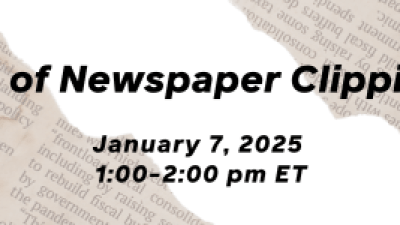
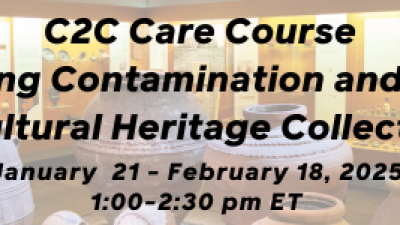
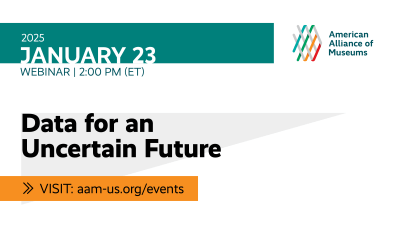
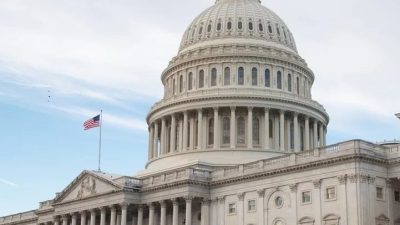
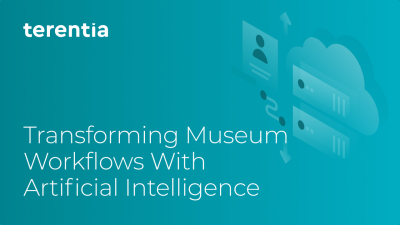
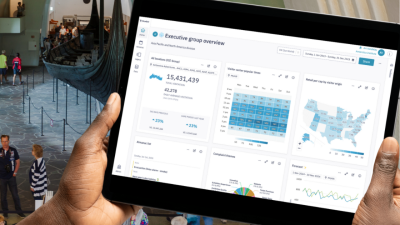

Comments